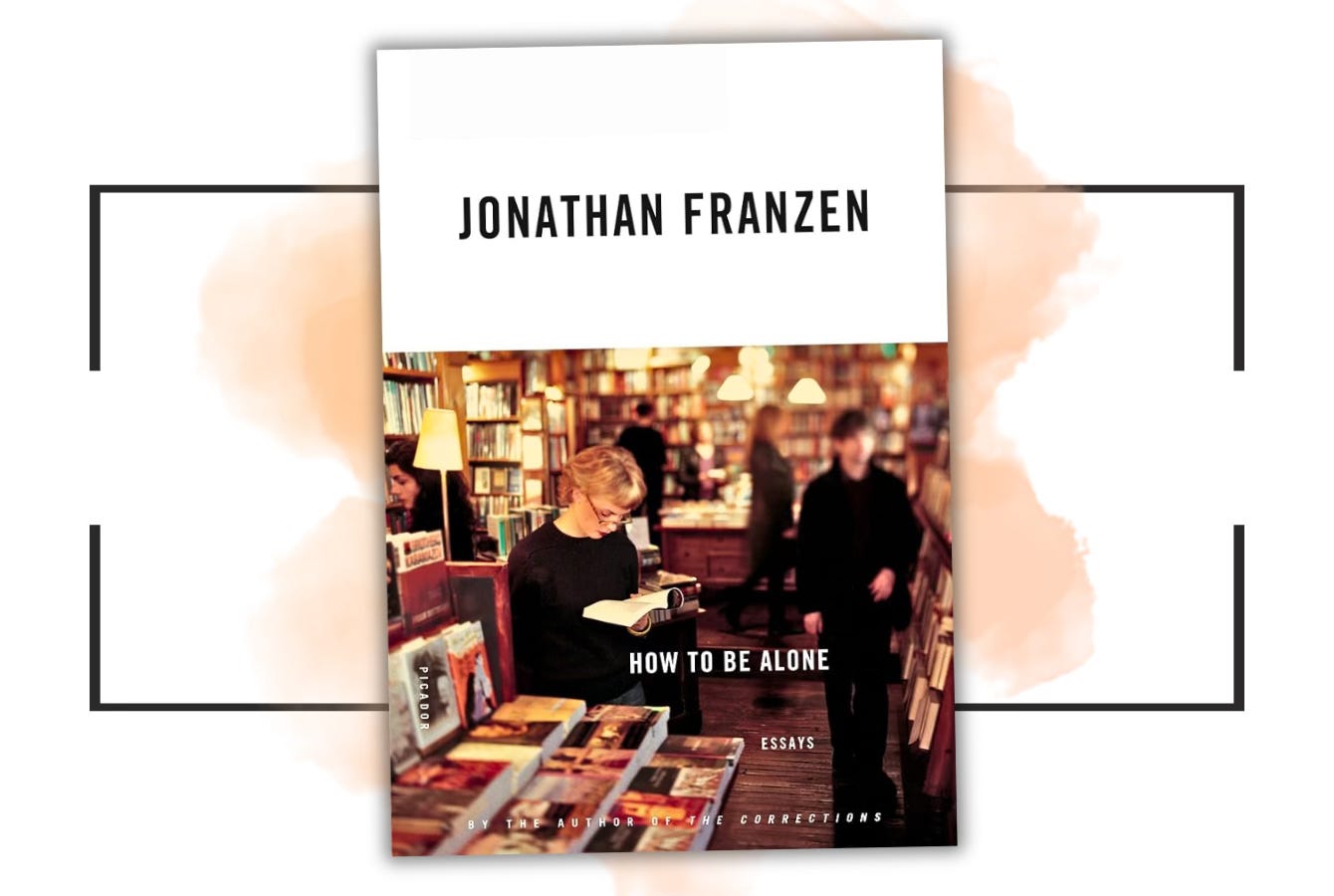
Digital Loneliness & Readerly Solitude
Efforts to personalise all the settings on our lives make us lonelier and more narcissistic than ever — but reading can help.
Publishes on May 23rd, 6:00am. Subscribe now and receive the post in your inbox when it’s live
Available in 14 days, 0 hours, 33 minutes, and 39 seconds



